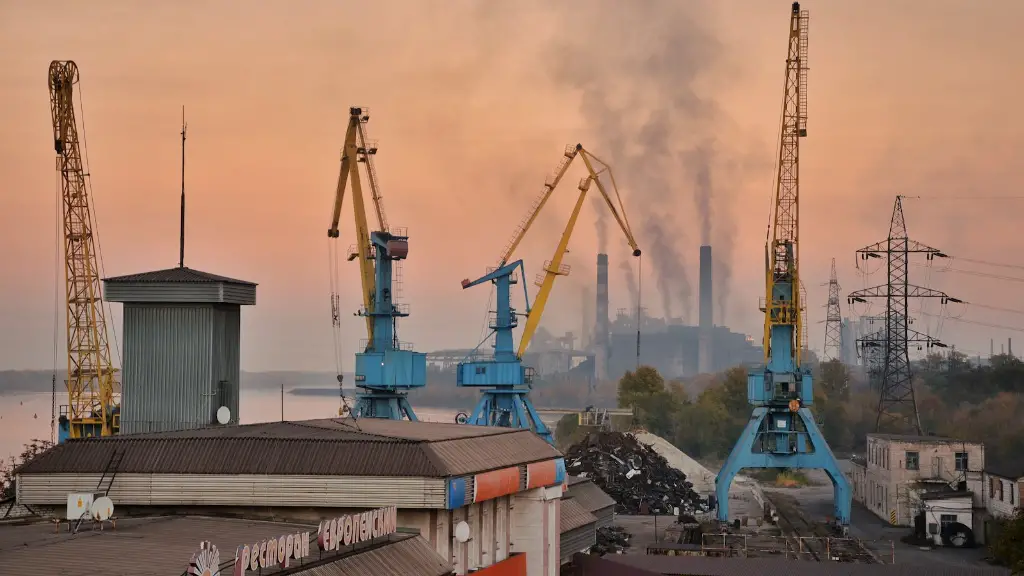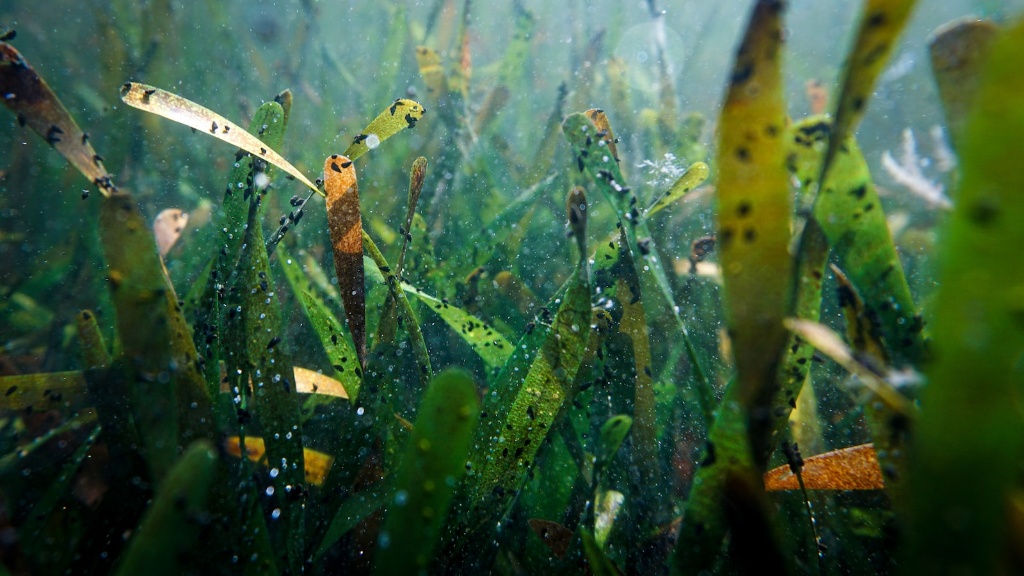Global warming is a controversial subject that many people around the world are debating. One of the main issues raised by this phenomena is its effect on natural disasters. In this article, we will look at how global warming contributes to increased occurrences of floods, wildfires, hurricanes, tornadoes and other extreme weather events.
Recent years have seen these events become far more frequent and more powerful than in the past. This can undoubtedly be attributed to climate change, as rising temperatures accelerate the occurrences of extreme weather. As the atmosphere heats up, more energy is introduced into the environment, leading to stronger winds, and heavier rainfall. Heat energy also allows for the greater formation of violent tornadoes, due to the rapid heating and cooling of air pockets.
Scientists also point to an increase in sea temperatures as a result of rising global temperatures. Hotter oceans mean more evaporation taking place, leading to heavier storms being spawned.This is in addition to more snow being produced in both polar regions due to the melting of glaciers, leading to more flooding in coastal areas.
Accompanying these issues is the loss of biodiversity due to an increase in heat. With more land being subjected to higher temperatures, animal species are losing their habitats and are forced to migrate further into cooler areas, leading to a lessening of species in certain areas. Moreover, as flooding is becomes more common, fertile farmland is being lost, and some arable land is being turned into salt water bays, leading to further losses of food production.
It is clear to see, then, that global warming is contributing heavily to an increased number of natural disasters. People in all corners of the world are feeling the effects of these events, as it is common for hundreds of lives to be lost each year, and billions in financial damages suffered. In order to address this, it is imperative that large-scale, coordinated efforts are taken to tackle climate change and restrict the amount of CO2 in the atmosphere.
This does not only mean curbing emissions from factories and vehicles, but also reforestation projects, the protection of existing ecosystems, and efforts to raise awareness to the wider populace. All of this can help to reduce global temperatures, and in turn, may have a beneficial effect on reducing the occurrences of natural disasters and the destruction they bring.
In conclusion, global warming is a contributing factor to the heightened number of natural disasters that the world is experiencing today. Damage to the environment is only going to be more frequent and more severe if steps are not taken soon to limit the amount of damaging emissions being put into the atmosphere. We must all exercise our responsibility to act now and do what we can to save our planet.

